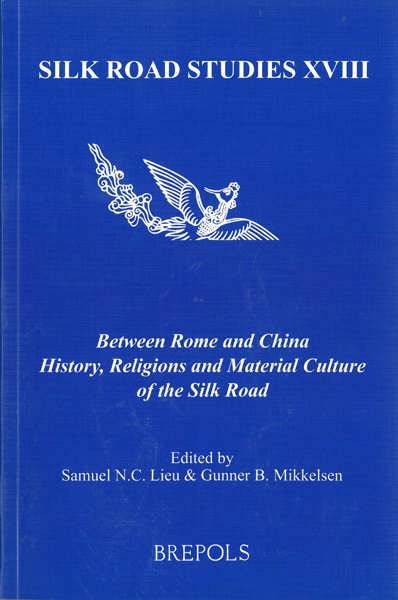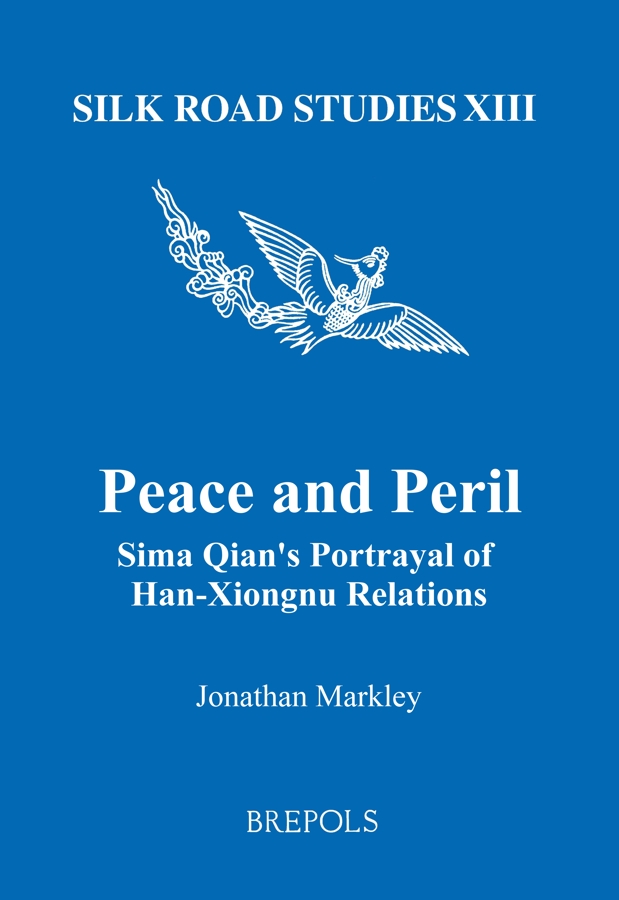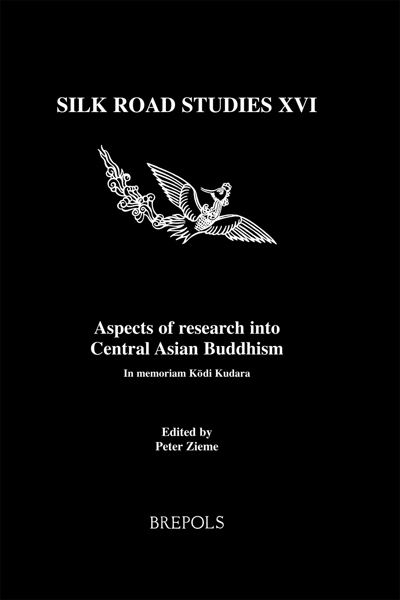
- Pages: 302 p.
- Size:160 x 240 mm
- Illustrations:7 b/w
- Language(s):English
- Publication Year:2016
- € 80,00 EXCL. VAT RETAIL PRICE
- ISBN: 978-2-503-53083-3
- Paperback
- Available
- € 80,00 EXCL. VAT RETAIL PRICE
- ISBN: 978-2-503-57298-7
- E-book
- Available
The present volume provides a critical study of Sima Qian’s portrayal of the relations between the Han Dynasty and Xiongnu and offers a more accurate narrative of the events.
“(…) original and persuasive book (…)” (Paul R. Goldin, in Orientalistische Literaturzeitung, 113.3, 2018, p. 275)
Firstly, this book identifies ways in which the Shiji account is riddled with inconsistencies and deliberately misleading information, and provides explanations for this. He hid signs of rising disquiet with the peace policy of earlier rulers, and concealed indications that for at least two decades China’s leadership had been searching for alternatives.
Secondly, the work reconstructs a more accurate narrative of events for one hundred years of Han – Xiongnu relations than can be gained by a straight-forwarding reading of individual chapters of the Shiji. A narrative emerges of an historian with an agenda, and of a century of Han – Xiongnu relations that is markedly different from any previously produced.



